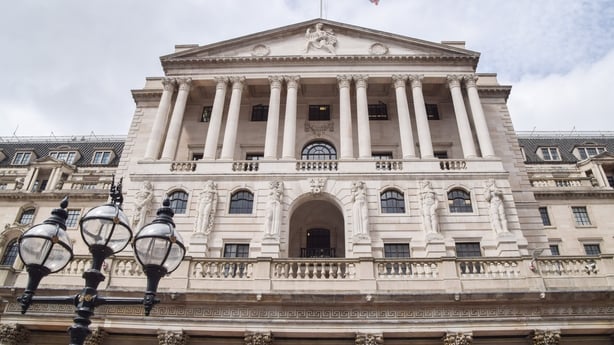The pound rose for the sixth consecutive session today as investors welcomed the British government's U-turn on some tax cuts and the US dollar slipped.
Sterling was last up 0.1% to $1.1331 this morning, after touching a session high of $1.1428. The euro was up 0.28% against the pound at 87.03 pence.
Sterling dropped to a record low of $1.0327 on September 26 after new Finance Minister Kwasi Kwarteng unveiled plans to slash taxes, particularly for the rich, and ramp up borrowing.
But markets' dire reaction and a likely revolt by his own lawmakers forced Kwarteng into a U-turn yesterday.
He dropped plans to get rid of the 45% top rate of income tax, one day into the ruling Conservative Party's annual conference.
The pound had already rebounded from its record low after the Bank of England intervened in the bond market last week following a dramatic plunge in long-dated gilts.
It has now regained all the ground it lost in the wake of Kwarteng's so-called mini budget.
"Sterling is beginning to find a secure footing after a week of volatility provoked by the policy announcements made by Chancellor Kwasi Kwarteng," Harry Adams, chief executive officer at Argentex Group, said.
The US dollar index fell 0.18% to 111.35 following a drop in US Treasury yields.
US yields, which move inversely to prices, fell after survey data showed the US manufacturing sector slowed in September.
The yield on the benchmark 10-year US Treasury was down around seven basis points today to 3.585%, after rising above 4% last week.
The Bank of England's intervention last week also pulled global bond yields lower.

Adams said he expected the Conservative Party conference to drive further volatility in the pound.
"We anticipate sterling to remain highly responsive to the notion of any further changes in government policy," he said. "There is no realistic scenario whereby sterling enjoys a straightforward recovery."
The pound has fallen more than 16% this year as the dollar has surged on the back of the US Federal Reserve's aggressive rate hikes, and as doubts have mounted about the UK's economy and policies.
The dollar index has risen more than 18%, with higher interest rates making US assets look more attractive.
Yields on the benchmark UK 10-year government bond fell more than 10 basis points to 3.829% as investors continued to digest Kwarteng's U-turn and the Bank of England's bond purchases.
Britain sold £2.5 billion of a 40-year benchmark gilt maturing in 2061 at an average yield of 3.371% today, the highest yield for any gilt sold at auction since 2014, suggesting investors have demanded steep discounts to buy long-dated UK debt.

